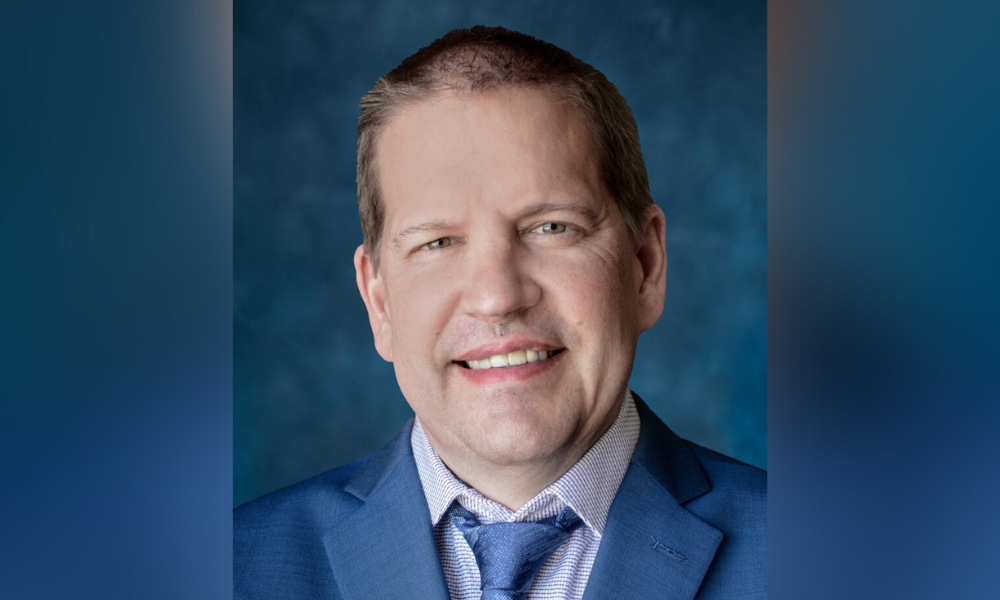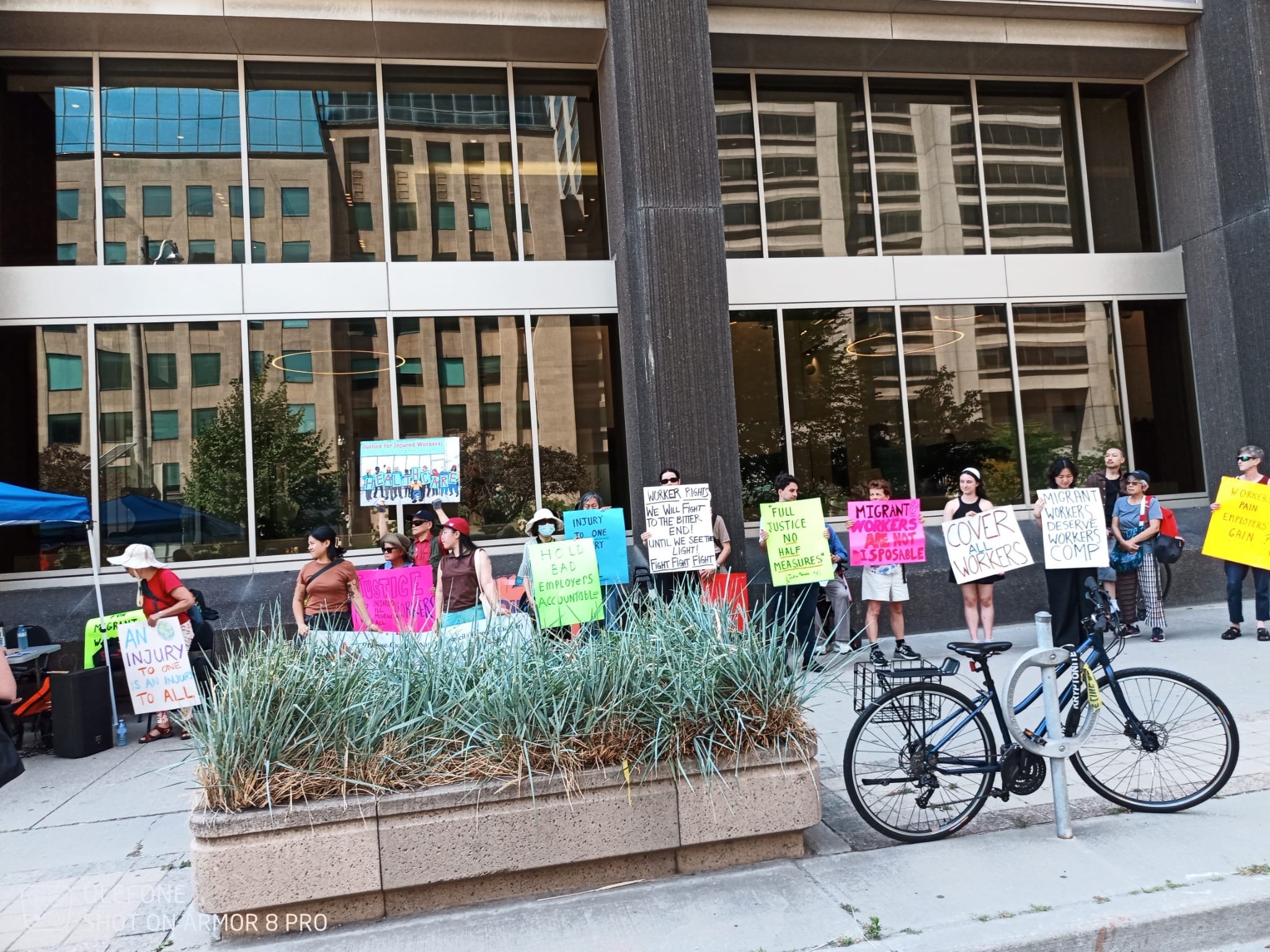Workers in Ontario mines have 31% higher risk of contracting diseases

The United Steelworkers union (USW), along with the Occupational Health Clinics for Ontario Workers (OHCOW), are aiming to understand whether amyotrophic lateral sclerosis (ALS) and motor neuron diseases (MNDs) are occupational illnesses that qualify for compensation.
The groups are seeking out mining industry workers or their surviving family members who will be willing to participate in a new study.
“Our goal is to confirm that these diseases are occupational illnesses and to ensure that workers who suffered as a result, as well as their surviving family members, receive the compensation and justice they deserve,” said Myles Sullivan (pictured), Ontario Director of the USW, which represents tens of thousands of mining workers.
“We’re urging former workers and surviving relatives to come forward and to register to be included in this important research project.”
ALS and other MNDs are characterized by steady, relentless, progressive degeneration of corticospinal tracts, anterior horn cells, bulbar motor nuclei, or a combination, according to Michael Rubin, author of the Amyotrophic Lateral Sclerosis (ALS) and Other Motor Neuron Diseases (MNDs) report published on the MSD Manual for the Professional.
“Symptoms vary in severity and may include muscle weakness and atrophy, fasciculations, emotional lability, and respiratory muscle weakness,” he said. “Diagnosis involves nerve conduction studies, electromyography, and exclusion of other disorders with MRI and laboratory testing. Treatment is supportive.”
Read more: Ontario miners exposed to aluminum dust still fighting for justice
The OHCOW is working with a neurotoxicologist to review and investigate existing cases further. However, more cases are being sought to expand and strengthen the existing research on miners stricken with ALS and MNDs – disorders that destroy the cells that control skeletal muscle activity such as walking, breathing, speaking and swallowing.
“To date, the research indicates workers in Ontario mining operations had a 31 per cent higher risk of contracting these diseases,” said Janice Martell, a USW member and OHCOW employee.
“However, more workers are being sought to be included in this research because cases of these diseases are rare, which makes it important to find as many affected workers as possible to advance the research.”
Read more: Ontario launches mining inspection blitz
Martell’s activism has already helped former miners and surviving family members qualify for workers’ compensation as a result of exposure to toxins that caused Parkinson’s disease. Similar efforts are now focusing on mining workers with ALS and MNDs, according to USW.
“Anyone who worked in mines and mining operations in Ontario and who was diagnosed with either ALS or motor neuron disease is eligible to register with OHCOW to be included in this research. Surviving family members of deceased workers can register as well,” Martell said.
To register with OHCOW, or for more information, workers and family members can contact Janice Martell at 1-800-461-7120, or at [email protected].





